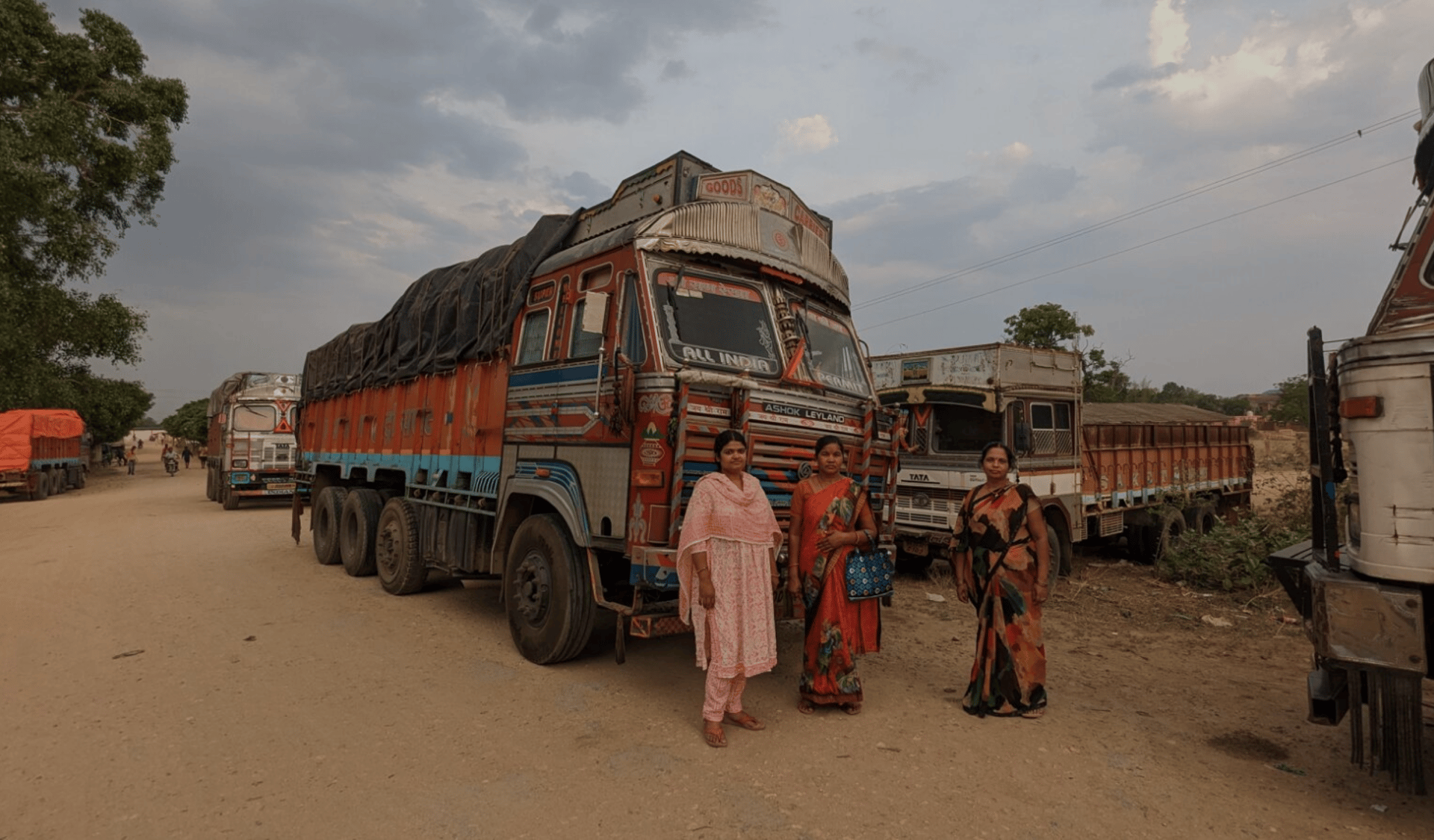
15.06.23
Creating a Robust Forest Economy: Women-Led Farmer Producer Companies Sell 72,000 kg Sal Seeds to AAK India in Simdega, Jharkhand
The Kolebira Farmer Producer Company (Kolebira FPC)—a collective of over 3,000 women in Kolebira block, Simdega—has successfully sold sal seeds to AAK India Private Limited (AAKIPL), exemplifying how women-led enterprises can generate local wealth through direct market linkages. This accomplishment is supported by the Initiative on the Forest Economy (IoFE)—spearheaded by the Bharti Institute of Public Policy (BIPP) at the Indian School of Business (ISB)—that aims to establish sustainable business models for forest-dependent communities through direct market linkages. By connecting local collectors of seasonal forest products (SFPs) directly with industries that use SFPs as raw materials, we foster economic prosperity at the village level.
In 2021, ISB signed a Memorandum of Understanding (MoU) with the Government of Jharkhand to promote a sustainable and resilient forest economy built on secure tenure rights guaranteed under the Scheduled Tribes and Other Traditional Forest Dwellers (Recognition of Forest Rights) Act, 2006—commonly referred to as the Forest Rights Act (FRA). The premise behind this initiative is that tenure security incentivises communities to sustainably manage and protect their forest resources, thereby ensuring long-term economic benefits. With a special focus on empowering women-led enterprises through financial inclusion, our model has yielded tangible results—most notably the sal seed sale in Simdega.
On 11 June 2023, trucks carrying 72,000 kg of sal seeds were unloaded at the AAKIPL factory in Bilaspur. The Kolebira FPC received ₹10,87,650 for their produce in this first-of-its-kind transaction. Achieved through a strategic partnership among the Kolebira FPC, Jharkhand State Livelihood Promotion Society (JSLPS), AAKIPL, and IoFE.The sale was competitively priced for both the community and AAKIPL and holds immense potential for a sustainable, long-term collaboration that benefits forest-dependent communities, industry, and the wider economy.
This landmark transaction was the culmination of over a year of groundwork and multi-stakeholder collaboration.
Foundational Planning and Strategic Preparation
Following detailed inventory mapping and market studies on the use of sal seeds in confectionery and oil industries, sal seeds were chosen as the pilot SFPs from Simdega. Extensive preparations were undertaken, including a collaborative partnership with JSLPS for capacity building and financial inclusion. However, the collection of sal seeds was impeded due to unforeseen rainfall patterns in 2022, resulting in no sales that year.
On 12 October 2022, AAKIPL signed an MoU with ISB to co-create value and endorse secure tenure rights guaranteed under the FRA. A three-pronged approach was agreed upon: (a) mechanisation to reduce drudgery during collection and harvesting while preserving seed quality; (b)capacity building for aggregation; and (c) financial inclusion and literacy.
After over a year of consistent effort in Simdega, our team was well prepared for the 2023 sal seed sale. Recognising the narrow 15-day collection window (15–30 May), meticulous preparations were undertaken in advance.
Mr Arif Akhtar, State Programme Manager at JSLPS, Department of Rural Development, Government of Jharkhand, played a pivotal role in developing and operationalising a community-managed, sal seed-based livelihood initiative. His efforts were instrumental in launching and executing the collectivisation drive. Under his guidance, the entire community successfully navigated numerous challenges and effectively managed procurement—ensuring daily cash payments to collectors and overseeing the initial stages of processing and value chain operations.
Additionally, with active support from the block team, he motivated local communities and addressed the complexities associated with middlemen. Despite limited financial resources, he skilfully managed this large-scale initiative using the limited resources available. Reflecting on the experience, Mr Akhtar shared, ‘It has been a phenomenal journey to see the leadership of the Kolebira FPC engage in direct large-scale sales with major buyers. I am looking forward to this model growing many times over.’
Following the establishment of a comprehensive value chain through numerous discussions and iterative refinements, the execution phase formally commenced in April 2023. It began with a series of stakeholder consultations and high-level meetings to ensure seamless coordination and cooperation.
These engagements included discussions with the District Programme Manager of JSLPS to seek support for capacity building; consultations with the Divisional Forest Officer (DFO) and the District Commissioner (DC) of Simdega to address potential administrative and logistical roadblocks; and meetings with the HDFC Bank Cluster Head and the General Head of National Bank for Agriculture and Rural Development (NABARD) to facilitate financial inclusion and explore funding avenues for self-help groups (SHGs) and FPCs, if required.
Furthermore, meetings were conducted with the Kolebira FPC and SHG members to inform them about the upcoming sale and enable them to disseminate this information among the collectors. The discussions also emphasised the principles of aggregation economics and the economies of scale, highlighting the collective benefits of participating in the sale.
Focus Geography
The initiative is being implemented across three blocks of the Simdega district: Jaldega, Bano, and Kolebira.
The sale was made possible through the coordinated efforts of multiple stakeholders: JSLPS as the mobiliser, AAKIPL as the buyer, Kolebira FPC as the seller, and the IoFE team as the facilitator of the sale.
Facilitating the Sale: Meetings, Training, and Strategy
Commencing on 2 May 2023, our team proactively initiated a series of meetings with key stakeholders to ensure preparedness for the upcoming sale, scheduled for the first week of June. The following events were instrumental in enabling its successful execution.
To ensure long-term sustainability, AAKIPL, ISB, and JSLPS jointly organised a comprehensive three-day workshop across all three blocks. The workshop focused on educating collectors about sustainable and hygienic collection practices, equipping them with the knowledge and skills needed to adopt environmentally conscious methods.
As part of the strategic coordination efforts, Mr Abhijeet Parmar and Mr Sandip Chowdhury (National Coordinator) from the IoFE team met with the Chief Welfare Secretary of the Department of Scheduled Tribe, Scheduled Caste, Minority and Backward Class Welfare, Government of Jharkhand, to apprise him of the initiative and seek his assistance in expediting interdepartmental coordination.
Additionally, Ms Sushma (Head–Strategic Initiatives), Ms Sukanya (Enterprise Lead), and Mr Chowdhury from ISB, along with Mr Anubhav Shrivastava (Procurement Head, AAKIPL), visited Ranchi for a series of high-level meetings. They engaged with JSLPS and Mr Diprava Lakra, Welfare Secretary, Department of Scheduled Tribe, Scheduled Caste, Minority and Backward Class Welfare, Government of Jharkhand, to outline the operational plan and allocate responsibilities. Key points of discussion included: the final price of sal seeds to be paid to the Kolebira FPC; provision of advance payment to the FPC as a gesture of trust; quality assurance of sal seeds; and the aggregation strategy—specifically, whether to adopt a single- or multi-point collection model.
Key Challenges and Solutions
Several critical challenges emerged during the planning and implementation phases of the sale of the sal seed.
Insufficient Funds
To proactively address the issue of insufficient funds, meetings were held with various banks, NABARD, and JSLPS. These discussions initially resulted in the assurance that the Kolebira FPC had adequate financial resources for the upcoming sale season. However, complications arose when it was revealed that the available funds were earmarked under the Community Investment Fund (CIF) and not directly accessible for FPC operations.
At this critical stage, Mr Affan, the Block Coordinator from JSLPS for Simdega district and acting CEO of the Kolebira FPC, provided invaluable support by facilitating the allocation of sufficient funds to the rural service centres. This enabled upfront payments to the collectors. His timely intervention alleviated the financial constraints and ensured a smooth execution of the sales.
Price Selection
The selection of an appropriate price posed a significant challenge, with the FPC stressing the importance of early price disclosure to mobilise collectors and facilitate aggregation. However, due to uncertainties surrounding transportation costs and the quality and quantity of sal seeds, an early disclosure was not feasible. The price was eventually declared once the local markets opened.
A new challenge emerged when local traders, observing the mobilisation drive, raised their prices to ₹18 per kg. In response, discussions were initiated with several traders, cautioning them against artificially inflating prices if they wished to maintain their market presence in the long term. By leveraging JSLPS’s longstanding engagement with local communities and ensuring consistent communication on the importance of aggregation, a substantial quantity—72,000 kg of sal seeds— was successfully mobilised and collected.
Quality of Sal Seeds
During the initial discussions, AAKIPL expressed concerns regarding the quality of the sal seeds. To address these concerns, samples were collected from Jaldega, Bano, and Kolebira and sent to AAKIPL for evaluation. As mobilisation efforts commenced, there remained uncertainty about whether the collected sal seeds would meet the required quality standards.
On 1 June 2023, our team received an update from Mr Suresh at AAKIPL, confirming that the samples from Kolebira and Bano met their specifications, whereas the sample from Jaldega was rejected due to insufficient stearin content. In response, Mr Affan provided invaluable support by deploying additional manpower at the rural service centres to ensure thorough quality checks using moisture metres.
Consequently, 30 and 40 metric tonnes of sal seeds were successfully collected in Kolebira and Bano, respectively, all of which met AAKIPL’s quality requirements.
Logistics Coordination
During the logistics planning phase, a significant hurdle emerged when no trucks were available for transportation on 5 June 2023. In response, JSLPS and IoFE joined forces to arrange the necessary vehicles. Eventually, Mr Chowdhury successfully arranged three trucks—one 30-metric tonne truck for Kolebira and two 25-metric tonne trucks for Bano.
To ensure seamless execution, two transport permits were obtained: one for Jharkhand and another for Chhattisgarh, as the delivery destination was Bilaspur. Mr Chowdhury personally accompanied the trucks to facilitate a smooth transportation process. The designated transporter was registered as an AAKIPL vendor and received direct payment from the organisation.
The successful sale of 72,000 kg of sal seeds by the Kolebira FPC to AAKIPL in Simdega highlights the effectiveness of a multi-stakeholder partnership in building a robust forest economy. It demonstrates the potential for generating local wealth. Despite various challenges, coordinated and collaborative efforts ensured seamless execution. Establishing such business models is crucial for fostering secure and sustainable livelihoods for forest-dependent communities. This collaborative approach ensures the harmonious coexistence of economic development and environmental preservation, laying the foundation for a prosperous and sustainable future.
